Decoding Patent Ownership beginning with Core Principles
Patently-O
MAY 22, 2024
by Dennis Crouch In a recent decision, the Federal Circuit vacated a district court’s grant of summary judgment that an inventor, Dr. Mark Core, had automatically assigned a patent associated with his PhD thesis to his then-employer and education funder TRW. Core Optical Techs., Nokia Corp. , 23-1001 (Fed. May 21, 2024).



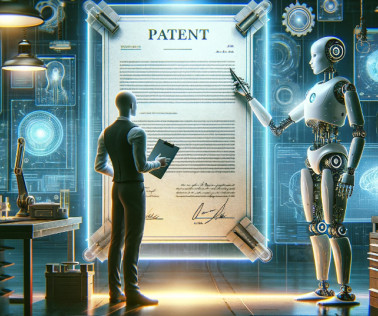
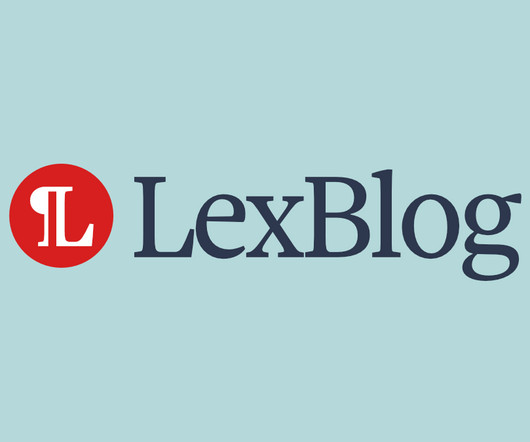

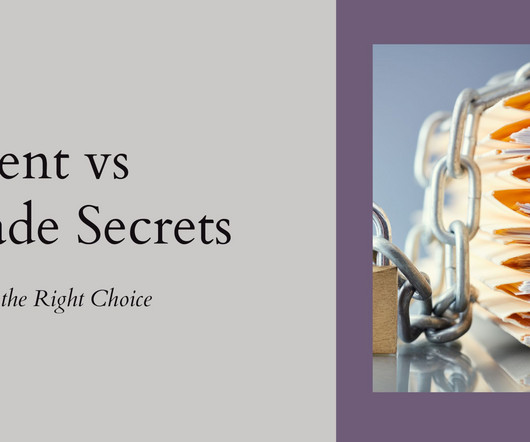

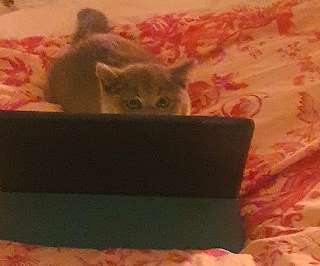
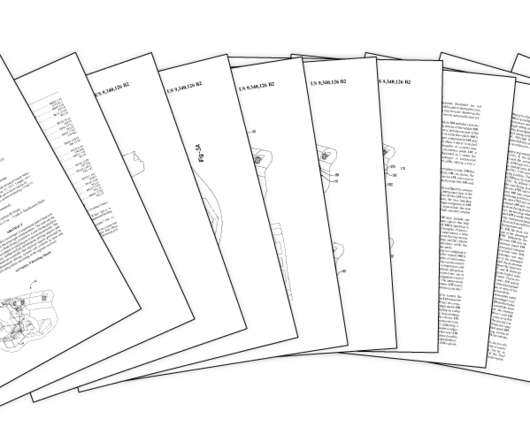
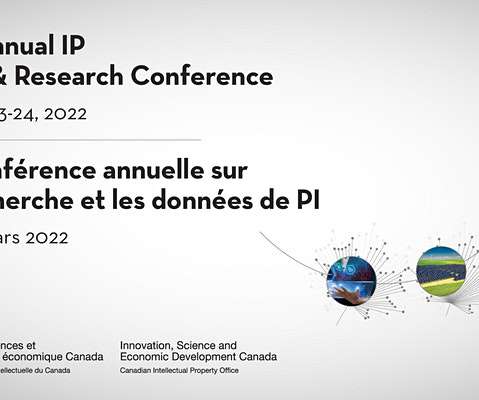






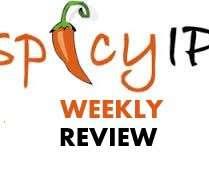
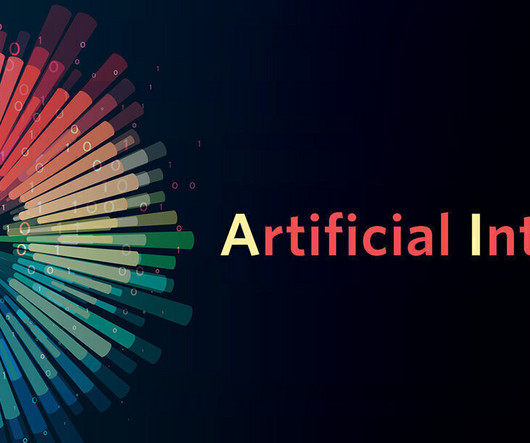






Let's personalize your content